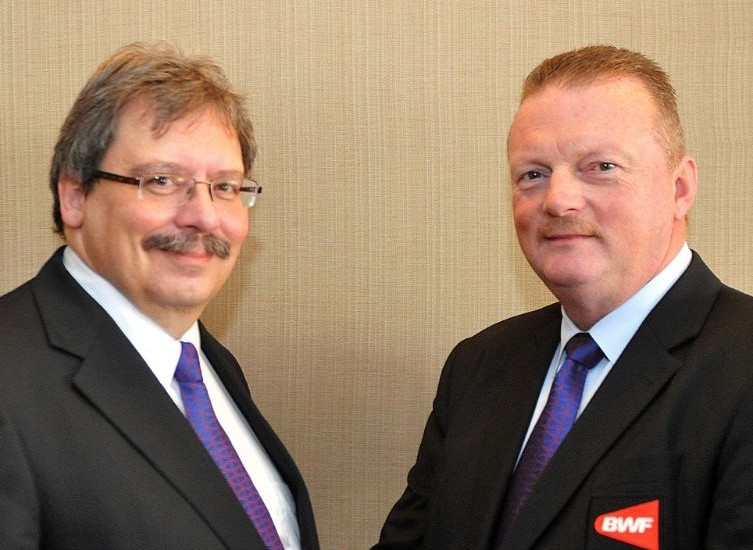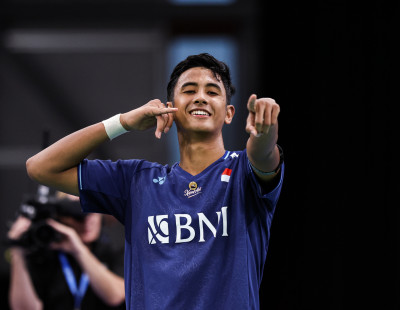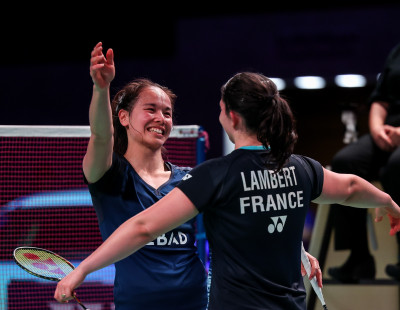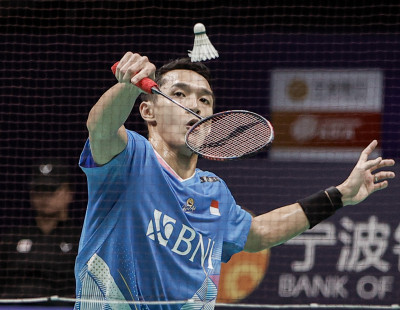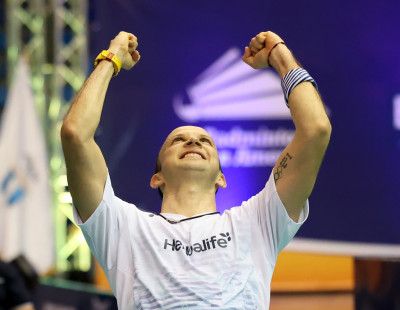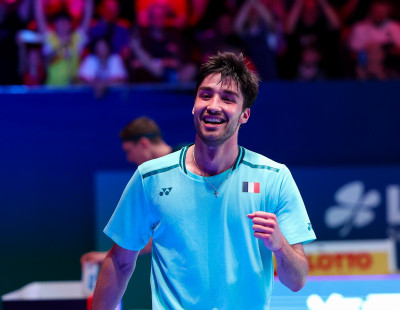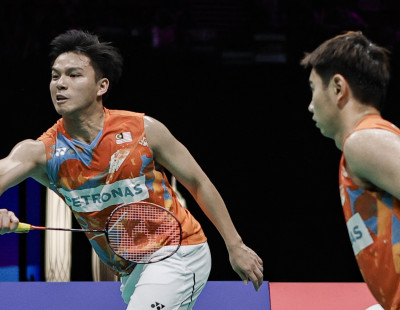A record number of competitors from as many as 35 countries is expected to participate in this year’s BWF World Para-Badminton Championships in Germany.
As many as 200 para-badminton competitors will take part in the championships in Dortmund from 5-10 November, with the Badminton World Federation (BWF) 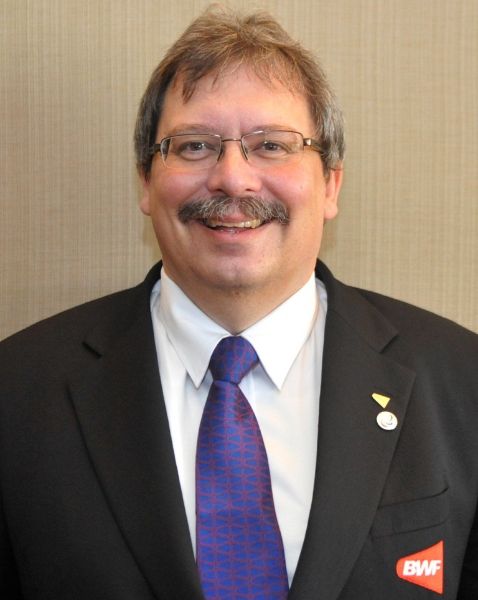 providing up to USD $100,000 in Participation Grants to assist smaller Member Associations who have active para-badminton programmes but who cannot currently afford to send a contingent to the event without financial assistance. This is similar to what exists for BWF World Junior Championships where funding may be given to certain countries and competitors in need. The amount of funding available per team depends on the number of players and the location from which they are travelling.
providing up to USD $100,000 in Participation Grants to assist smaller Member Associations who have active para-badminton programmes but who cannot currently afford to send a contingent to the event without financial assistance. This is similar to what exists for BWF World Junior Championships where funding may be given to certain countries and competitors in need. The amount of funding available per team depends on the number of players and the location from which they are travelling.
BWF Vice-President Para-Badminton Paul Kurzo (left) says this initiative “to help less developed para-badminton nations has been well received and will impact the event positively and contribute to para-badminton’s development as more countries get the opportunity to compete at the highest level – the World Championships”.
“Some countries which may not have been able to send competitors initially can now do so and some which could only have sent a few competitors may be able to send more.
“Uganda, for example, will now be able to send two players and, along with the player from Nigeria, their participation in the World Championships will be a major milestone for para-badminton on the African continent. We hope steps like this encourage further and greater participation from countries where para-badminton is now taking root and that these developments boost 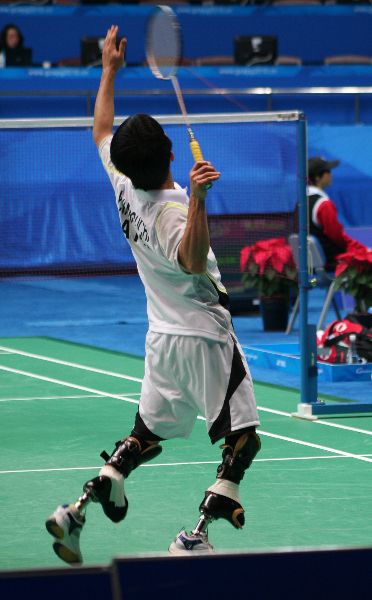 funding access within those countries,” noted the recently re-elected BWF Vice President.
funding access within those countries,” noted the recently re-elected BWF Vice President.
Improving the calibre and profile of this year’s BWF World Para-Badminton Championships is a significant aspect of BWF’s campaign to get para-badminton into the 2020 Paralympic Games. Para-badminton, which caters to people with physical disabilities, sees athletes competing in six Sport Classes across three categories: wheelchair (2 classes), standing (3 classes) and short stature (1 class).
BWF’s other benchmarks in spotlighting para-badminton on the international sporting stage are: hosting more para-badminton tournaments globally at all levels; increasing participation (having more players in the system at all levels); enhancing the structures, rules and technical aspects of para-badminton; developing more and better para-badminton coaches; and further integrating para-badminton into national badminton federations where appropriate.
“It is a long-cherished goal to have para-badminton included in the Paralympic Games and we are confident we will be able to achieve this,” said Kurzo, a Swiss national who represented his country in para-badminton and was previously Chair of the now defunct Para-Badminton World Federation.
“We have about 18 months until the decision by the International Paralympic Committee in December 2014 and we will be intensifying our efforts to attain Paralympic status. There is a lot to be done and we look forward to wholehearted support from the global sporting community, particularly from our Members, National Paralympic Committees (NPCs) and disability sports organisations.”
Kurzo, who has sat on the BWF Council since June 2011 when BWF assumed responsibility as the world-governing body for para-badminton, is spearheading the sport’s advancement as Chair of BWF Para-Badminton Committee which formulates policy and makes recommendations to the BWF Council. BWF Council Member, Wayne Somers of Canada, is the Deputy Chair (BWF home page; right).
The two men hold the same positions respectively on the BWF Para-Badminton Commission which provides expert advice to the BWF on the training, development and competition needs of those participating and competing in para-badminton.
Text by Gayle Alleyne | Edwin Leung


















